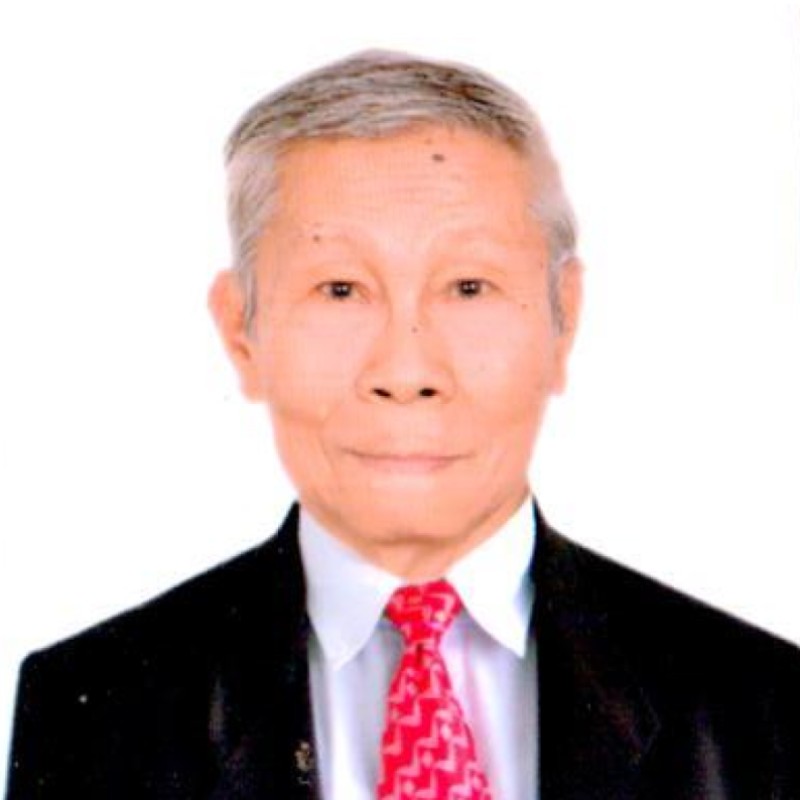GLIMPSES & GAZES
By Severino C. Samonte
Benefits from clustered farming cited in 1970 FM speech
Share
In my column two weeks ago about cooperative or clustered farming (Oct. 12, 2023), space limitation prevented me from elaborating on the advantages of such farming method as mentioned in a speech on May 23, 1970 by then President Ferdinand E. Marcos (FM) before the 17th National Convention of the Manufacturers and Producers of the Philippine Chamber of Industries at the Manila Hotel.
This piece is a sequel to that column so that the readers will understand better why the former Chief Executive made that proposal at the beginning of his second four-year term from Dec. 30, 1969 to Dec. 30, 1973.
The speech, titled "Social Justice and the Individual," was among those included in the book "Ferdinand E. Marcos' Presidential Speeches," Volume III, published in 1978. It focused on the benefits to be derived from a cooperative or clustered farming system in relation to the government's land reform program and the then-growing Philippine manufacturing and industrial sector.
FM told the country's manufacturers and producers: "You will remember that when I was president of the Senate (in 1963), we approved the Land Reform Code, but it was so amended that the source of funding was eliminated completely and we now seek to reinstate the funding for the land reform operations of our country."
He explained that with the adoption of the code, the big haciendas, encomiendas and feudal estates in the country would be subdivided to give five hectares, called family-size plot, to each Filipino family.
"This is supposed to solve the inequity in land ownership problem. This is workable up to only the first generation, but in a country like ours where the average family counts an average number of five children, the succeeding generation will have five hectares divided among five children. Each heir will have one hectare.
"Now comes the following generation and there will be five more children as per average. We are going to subdivide the one hectare all over again, and every new family will have one-fifth of a hectare. So the entire system of land reform is under question now. And the immediate answer, of course, is cooperatives."
To prevent a recurrence of the same social problem of land ownership inequity, FM said the government will continue dividing big lands and distributing ownership to farmers, giving them small family-size lots, "but we must now also organize them into agricultural cooperatives so that they will operate efficiently, equipped with all the facilities found in large farming operations."
He said that the clustered farming concept is intended to augment the income of the farmer by increasing the intensiveness of labor and the input of the land. The farmer should engage, in addition to regular farming, in dairy farming, hog raising, poultry raising, and many other enterprises, including vegetable farming.
"With the idea of agricultural cooperative, we shall be able to group together small tenants and farmers throughout the country, and then they will be able to obtain credit and all the funding necessary for the inputs into the land, as well as support from all other agencies now engaged in helping the farmer," Marcos said.
"But how does this affect the industry? If the farmers are banded together, you will have a ready market. I have directed the Secretary of Commerce and Industry to organize consumer cooperatives in order that domestic products, all those produced locally, may be sold directly to the consumers. And I have directed the government offices and agencies to buy Philippine goods before they buy foreign in all purchases of government."
"I am resolved ultimately, before I bow out as president in 1973, to declare the whole country a land reform area. Very few people seem to understand the impact and meaning of this statement. It means that all rice lands in the country, all those not exempted from the land reform code, will have to come under the land reform code on or before 1973."
FM also told the Manufacturers and Producers of the Philippines Chamber of Industries: "I have often been asked: Why do you insist on emphasizing agriculture?"
His reply: "Because you industrialists and producers cannot long survive if the farmers cannot buy your products. We must create a domestic market for your products and unless the farmer's means of livelihood is improved, unless he has money in his pocket, he will not be able to buy your products and there will be no such market."
Comments
About the Columnist

He began his journalistic career by contributing to the Liwayway and Bulaklak magazines in the 1960’s. He was the night editor of the Philippine News Service when Martial Law was declared in September 1972. When the Philippine News Agency was organized in March 1973, he was named national news editor because of his news wire service experience.
He retired as executive news editor in 2003. He also served as executive editor of the Malacanang-based Presidential News Desk from 1993 to 1996 and from 2005 to 2008.
